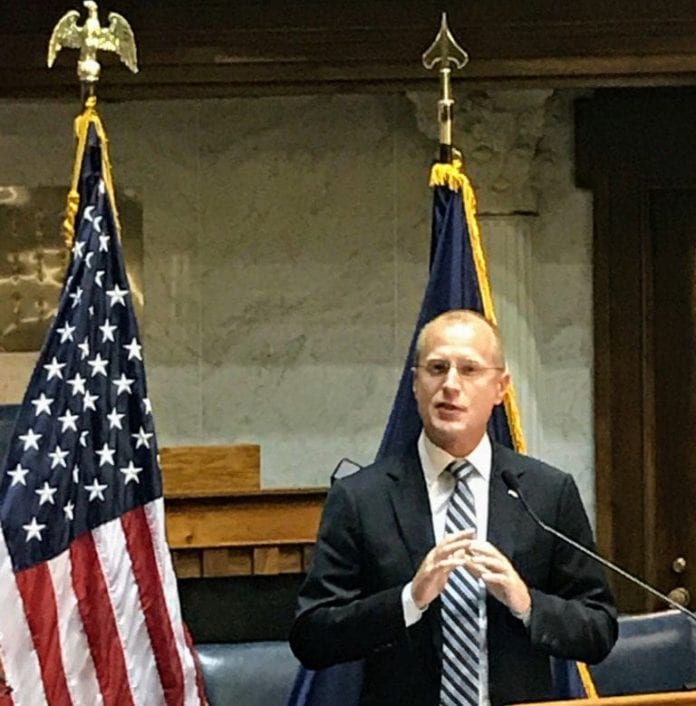FCC: Small cell order will create jobs, stimulate the economy
The U.S. Federal Communications Commission on Sept. 25 will vote on an order, proposed Sept. 4 by Commissioner Brendan Carr, that is designed to make it easier to deploy the small cell infrastructure, characterized by Carr’s press office as “the building blocks of 5G.”
Per the proposal, the FCC will vote later this month on a measure that would:
- Ban local regulations designed to prohibit wireless infrastructure deployment;
- Standardize the fee structure cities can charge for reviewing small cell projects;
- Establish a 60-day shot clock for attaching small cells to existing structures and 90 days for new builds;
- And sets “modest guardrails on other municipal rules that may prohibit service.”
The order is modeled on small cell legislation that has been adopted in 20 states, including Indiana where both Verizon and AT&T have tapped Indianapolis as a 5G launch city. Verizon is going with a fixed wireless access flavor of 5G to provide residential broadband and AT&T is providing standards-based mobile 5G service.
“5G will create jobs, improve education, and promote public safety. But to upgrade our networks, we must upgrade our regulations,” Carr said. “Policymakers can’t claim success if 5G is only deployed in big cities like New York and San Francisco. Those ‘must serve’ cities will get next- gen mobile broadband almost regardless of what we do. Success means every community getting a fair shot at 5G. To achieve that success, we need to update our rules to match this revolutionary new technology.”
According to Carr, federal adoption of the new rules would create 27,000 jobs, spark $2.5 billion in small cell investment and avoid $2 billion in “unnecessary fees.”
Wireless Infrastructure Association President and CEO Jonathan Adelstein, a former FCC commissioner, said Carr’s proposal creates “a balanced framework with localities over wireless infrastructure decisions where appropriate, while ensuring that commonsense guardrails apply to actions that inhibit broadband deployment.”

